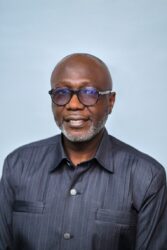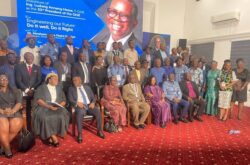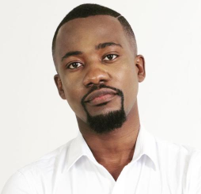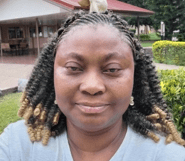By Ernest Bako WUBONTO
With the understanding that civil society becomes stronger when it come together with a common purpose, education sector-related Civil Society Organisations (CSOs) within the Economic Community of West Africa States (ECOWAS) region have converged in Accra to brainstorm, build synergy and create a unified voice for accountability.
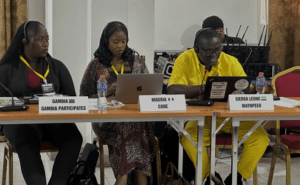
The three-day conference has brought together about 24 participants from Togo, Cote d’Ivoire, Sierra Leone, Liberia, Nigeria, Senegal, the Gambia, Benin, Guinea, Niger, Mali and Ghana.
It will among other things give birth to the ‘West Africa Education Civil Society (WAECS) Platform’ that leverages the unique competencies of individual members – described as very crucial in contributing to shaping policies and practices – using innovation, research evidence and modelled and tested approaches for policy buy-in and upscaling.
Executive Director-Africa Education Watch (Eduwatch) Kofi Asare emphasised that the overall rationale for establishing a common voice for education CSOs in West Africa is to galvanise the experiences and competencies of CSOs within ECOWAS to reinforce accountability in implementing education policies. It is also to inform learning and capacity strengthening across Platform members and how to support each other in country-level advocacy pursuits.
“Ghana is doing quite well in the sub-region compared to its neighbours, but it has more resources than all of them except Nigeria so it’s not fair to compare with the others. But we can do better than what we are currently doing – the reason we can’t be satisfied just because we are ahead of the others.
“The WAECS Platform is a powerful one we are establishing to have a lot of country level engagement that empowers members to demand educational investment toward ECOWAS Vision 2050 – thus realising gender transformative education, employment related skills, digital education and other youth empowerment aims,” he said.
This alliance of CSOs in education is strategically aligned with ECOWAS vision and programmes, and will directly contribute to strategic orientation one & two: thus promoting human and social development; and leveraging human capital and skills development of ECOWAS Vision 2050.
This falls under pillar-four which seeks to facilitate transformative, inclusive and sustainable development.
Representative from Sierra Leone Abdul Rahman Kays – of the West Africa Youth Network for Peace, Education and Economic Development (WAYNPEED) – in his presentation outlined the myriad of challenges facing the education sector in his country, including the failure of government to meet the international benchmark of allocating at least 15 – 20 percent of the annual budget to education sector.
“In Sierra Leone, government officials fly to educational conferences around the world and come back to add their expenses into the education budget – which inflates allocations to the sector but little goes into real development, a factor that is affecting access, quality and infrastructure development,” he said.
The conference’s key stakeholders are national CSOs in education who have been recognised by their national governments for adding value in shaping education and skills development policies. Such stakeholders fully deserve recognition and demonstrate capacity in leading national level advocacy pursuits – at the same time being willing to be part of the WAECS Platform.
The WAECS Platform
Eduwatch will lead this activity and leverage on its network within West Africa to mobilise the expected participants at this forum. Oxfam in Africa will also be very instrumental in getting the various CSOs of member-countries to participate in the event.
The activity will start with a stakeholder mapping using the digital space to ensure that very reliable and influential CSOs in education of member countries get an opportunity to participate in the event. A consultant with an Organisational Development background will be engaged to facilitate this process and help develop a strategy that binds collective interests at the regional level.
The initiative’s objectives also include developing key working agreements and protocols on how the Platform should operate and discuss sources of funding while collectively identifying key advocacy pursuits on education and accountability issues in the education governance of West Africa.
Expected outcome
An Education Civil Society Platform is established at ECOWAS level to contribute in expanding the civic space and accountability for public education and skills development.
A draft working document on how the Platform should operate was developed with input from member CSOs from the invited countries within West Africa, with ideas for regional advocacy pursuit in education and accountability identified.





